Entry Category: Print Journalism
McConico, J. H.
aka: John Hamilton McConico
McCord, Robert S.
McDonald, Thomas Newton (Tom)
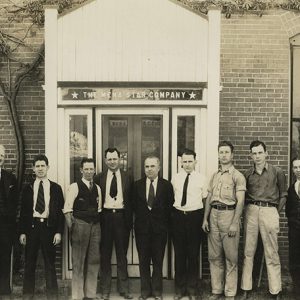 Mena Star Employees
Mena Star Employees
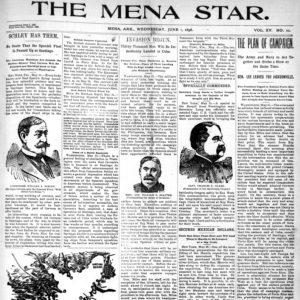 Mena Star
Mena Star
Meyer, Ronald Edward (Ron)
Mitchell, James
Mitchell, Jerry
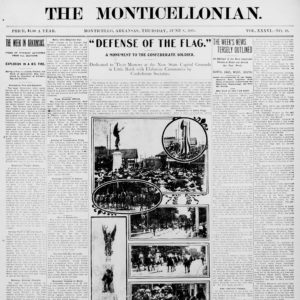 Monticellonian
Monticellonian
Morgan, Tom Perkins
Moseley, Ray
 Ray Moseley Book
Ray Moseley Book
Mountain Signal
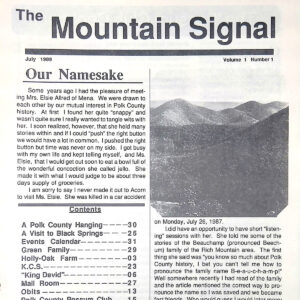 Mountain Signal First Edition
Mountain Signal First Edition
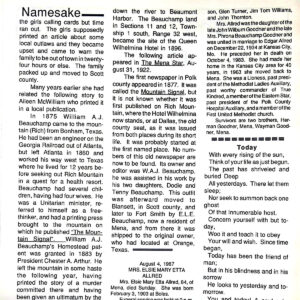 Mountain Signal Interior Page
Mountain Signal Interior Page
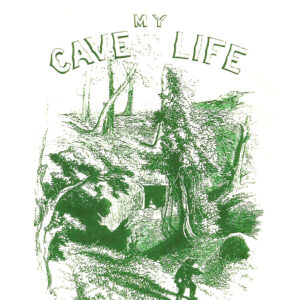 My Cave Life in Vicksburg
My Cave Life in Vicksburg
Nelson, Rex
 Rex Nelson and Rod Lorenzen
Rex Nelson and Rod Lorenzen
 Rex Nelson
Rex Nelson
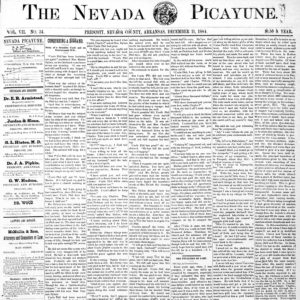 Nevada County Picayune-Times
Nevada County Picayune-Times
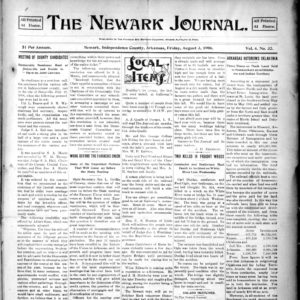 Newark Journal
Newark Journal
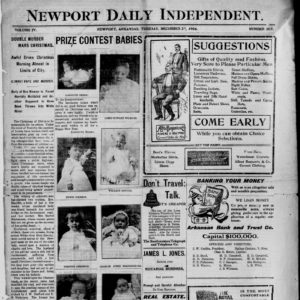 Newport Daily Independent
Newport Daily Independent
 Newspaper Dispenser
Newspaper Dispenser
Newspapers during the Civil War
Noland, Fent
aka: Charles Fenton Mercer (Fent) Noland
 Dan Owens
Dan Owens
Oxford American (OA)
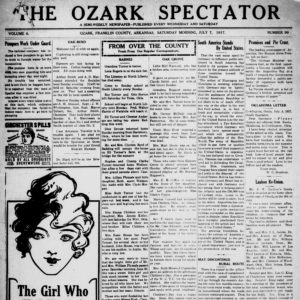 Ozark Spectator
Ozark Spectator
Palmer, Clyde Eber
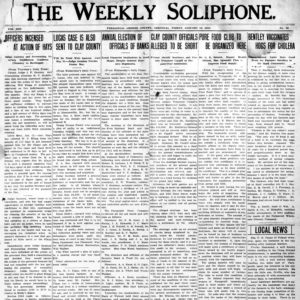 Paragould Soliphone
Paragould Soliphone
Patterson, Hugh Baskin, Jr.
Pfeiffer, Pauline
Pick and Shovel
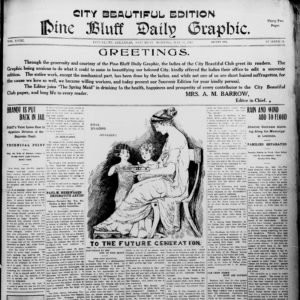 Pine Bluff Daily Graphic
Pine Bluff Daily Graphic
Pine Bluff Weekly Herald
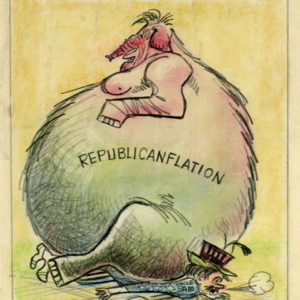 Political Cartoon
Political Cartoon
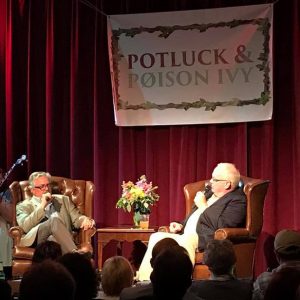 Pot Luck and Poison Ivy
Pot Luck and Poison Ivy
Powell, Dwane
Powell, James Ormond
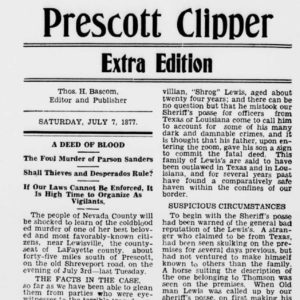 Prescott Clipper
Prescott Clipper
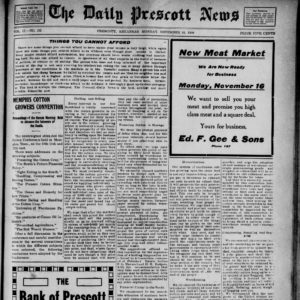 Prescott Daily News
Prescott Daily News
Pruden, James Wesley, Jr.
 Pulaski Federal Savings and Loan
Pulaski Federal Savings and Loan
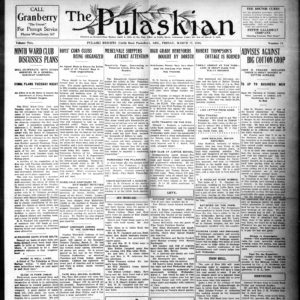 Pulaskian
Pulaskian
Pulitzer Prize (Arkansas Recipients and Nominees)
Quesenbury, William Minor “Cush”
 Race Against Time
Race Against Time




